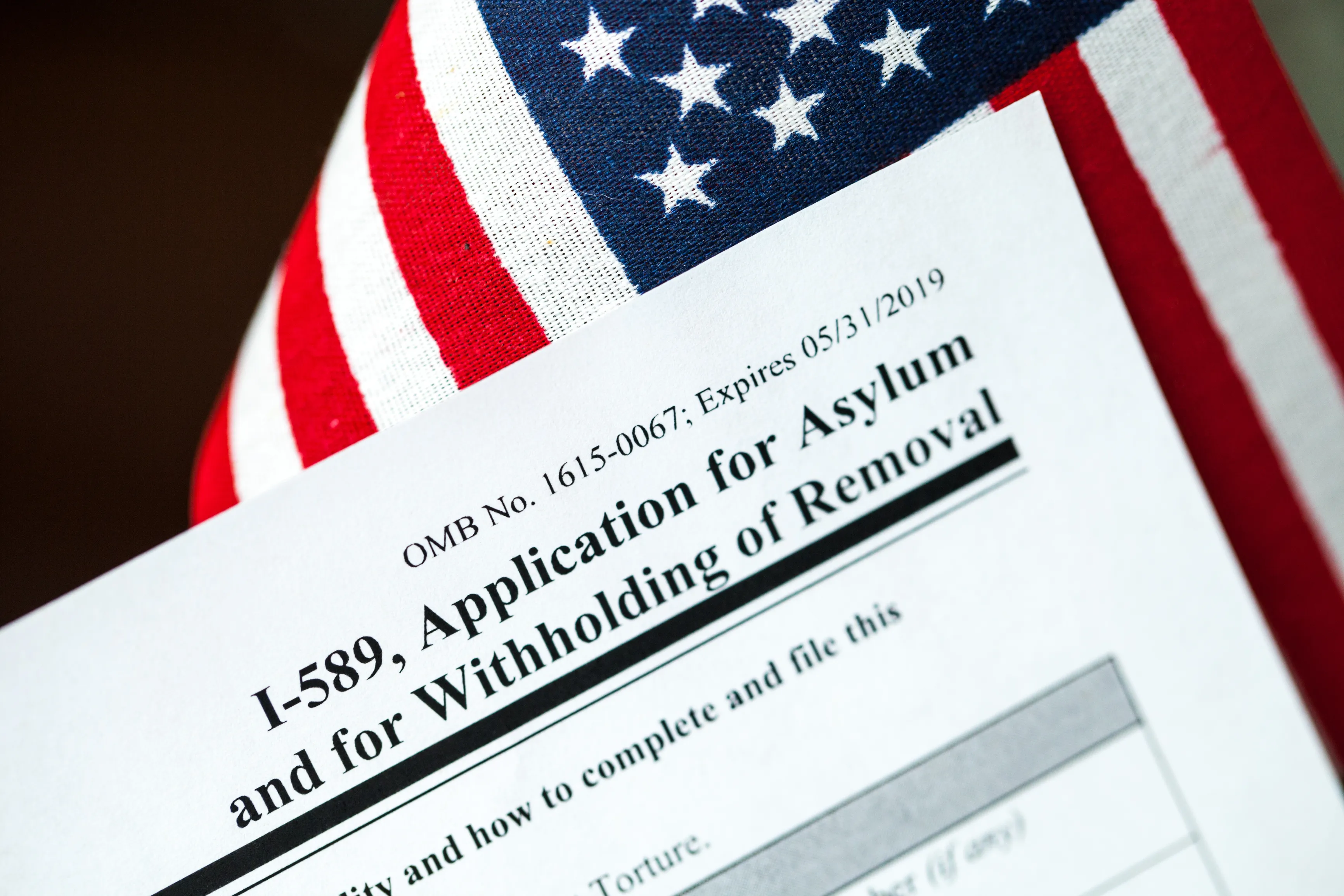
California to hold hearings on whether AT&T must continue to offer landline service
Click play to listen to this article.
(California News Service) Time is running out for the public to weigh in on whether AT&T should be allowed to stop offering landline service across most of the Golden State.
The California Public Utilities Commission is holding an in-person hearing in Indio on March 14 and a virtual hearing where people can call in on the 19.
Josh Hart, spokesperson for the grassroots Save Landline Telephones Coalition, said AT&T should not be able to give up its obligations as a Carrier of Last Resort - because many Californians rely on landlines.
"There are a lot of people who live in rural areas where there are no alternatives," said Hart. "A lot of people who use landlines exclusively are injured by electromagnetic fields and cannot even use cell phones because they experience pain."

In a statement, AT&T said customers will not lose access to voice service or 911, as the company will continue to provide traditional landline service to customers with no alternative option.
The company declined to say how many landlines it provides - only that 5 percent of its customers use landline service.
A filing with the CPUC lists hundreds of affected communities. You can also go online, enter your ZIP code, and consult the map of AT&T's territory.
Hart noted that landlines become a lifeline when power goes out, or when wildfires take cell networks offline.
"If the CPUC approves AT&T's application, we're basically saying the market will decide what is profitable for these companies to provide and where," said Hart, "which, to many of us living in rural areas means that our areas are going to be neglected in favor of the more lucrative urban areas."
Twenty other states have already approved similar proposals.
However, multiple California counties have come out against it, and 15 members of the state's congressional delegation recently sent the CPUC a letter of opposition.















